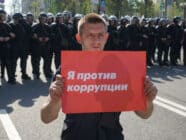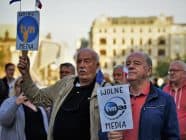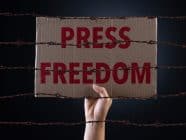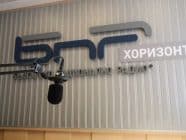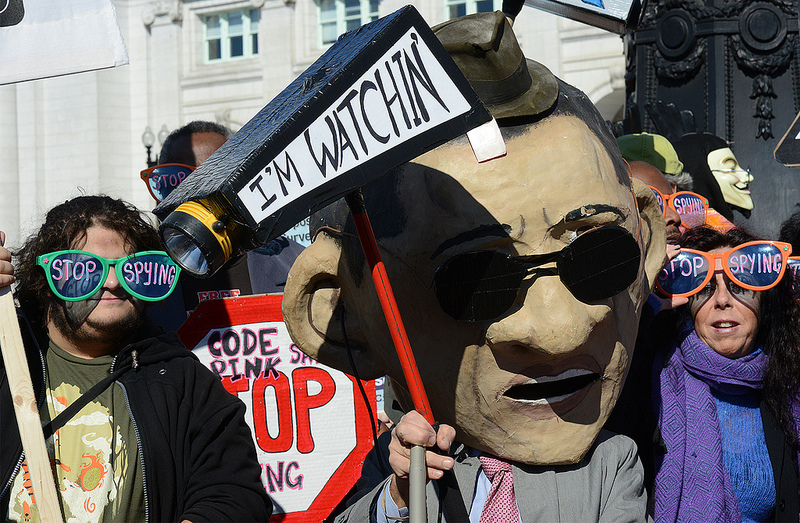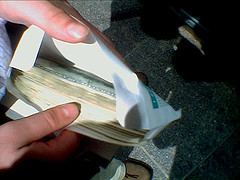 A reason for the Swiss to be proud.
A reason for the Swiss to be proud.
In the most recent ranking of Transparency International, Switzerland lands in a group of 10 nations perceived to be least endangered by corruption. Denmark, Sweden, Finland, the Netherlands and Norway are the other European nations belonging to the club, while Canada, Australia, New Zealand and Singapore make up the rest.
In another global ranking, the state of press freedom is analyzed annually by Reporters Without Borders. Here, Switzerland slid into the #1 position – together with Finland, Iceland, the Netherlands, Norway and Sweden. Austria and Ireland make the top 10 along with Estonia, the only country from the former Soviet Empire to score so high. The only non-European nation to make the top ten is New Zealand.
Analyzing the two rankings in greater detail, the following findings might be of interest:
- Europe, North American and Oceanic countries hold strong positions in containing corruption as well as in guaranteeing press freedom. It is obvious that press freedom and affinity to corruption are correlating negatively. Singapore is, by the way, the only country in the world to successfully fight corruption without high marks in press freedom.
- Inside Europe the North/South and the East/West gap is dramatic. Switzerland’s three large neighbors (Germany, France and Italy) score quite differently: In the anti-corruption ranking Germany arrives 15th and France at 25th. Italy lags far behind at 67th – one position behind Rwanda and ahead of former Soviet satellite Georgia. Concerning press freedom, Germany ranks 17th, France 44th and Italy 49th.
- At the bottom of the corruption table are Sudan, Turkmenistan, Uzbekistan, Myanmar and Somalia as well as Afghanistan and Iraq, the two countries which may have suffered from war most during the last years. Bringing up the rear in terms of press freedom are Syria, Myanmar, Iran, Turkmenistan, North Korea and Eritrea.
The correlation between a high degree of press freedom and reduced susceptibility to corruption is so impressive one might conclude the latter is caused by the former. Experience, however, reminds us to be cautious with such generalizations: If the number of newborn children decreases along with the number of storks, this doesn’t necessarily prove it’s storks bringing babies into the world.
Susceptibility to corruption is, at first, a question of ethics – and thus of socialization and socio-political culture. Yet economists make a good point in arguing that corruption will spread where it pays off. And whether it provides the desired “return on investment” depends heavily on the probability of being caught engaging in corruption and what the potential sanction will be. Knowing an independent press might discover and scandalize corrupt actors probably remains the best prevention against corruption. To become effective, guaranteed press freedom is – however – just one precondition. The other is the financial independence of journalism and sufficient capacity for investigative research.
For many decades the latter was subsidized by the advertising industries. As they’re able to produce higher-quality, targeted work today with the help of social networks and search engines, the investigative capacity of journalism is vanishing in the Western democracies of Northern America and Europe at a rapid pace – and therefore the value of press freedom is also decreasing. Thus, the laurel for Switzerland may wither before we even realize we’ve earned it.
Published in Werbewoche, November 4th 2010
Tags: Advertising Industry, Correlation between Corrution and Press Freedom, Independent Press, Investigative Research, Prevention Against Corruption, Reporters without Borders, Transparency International


